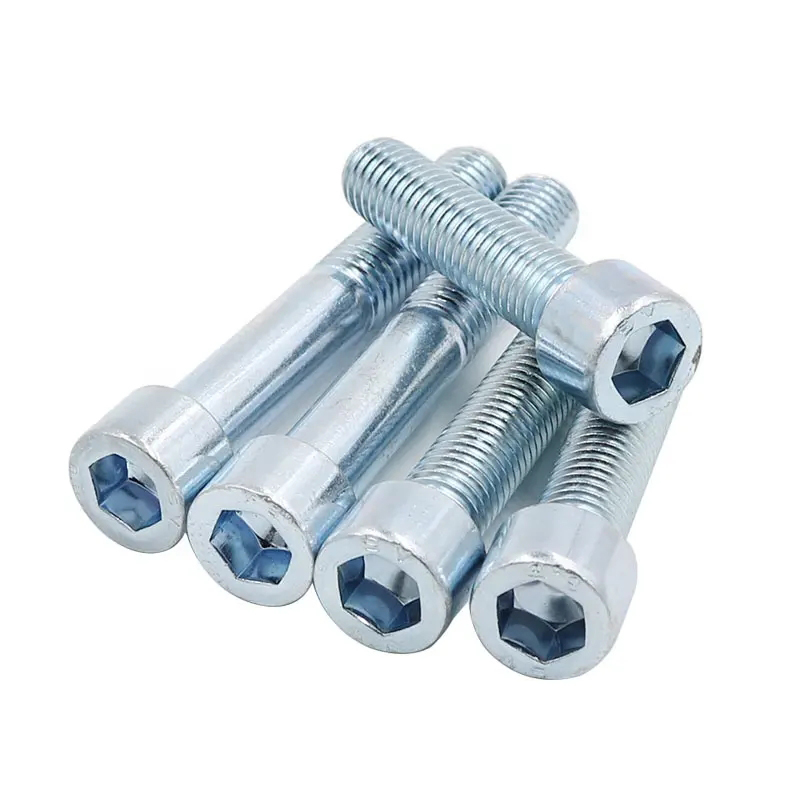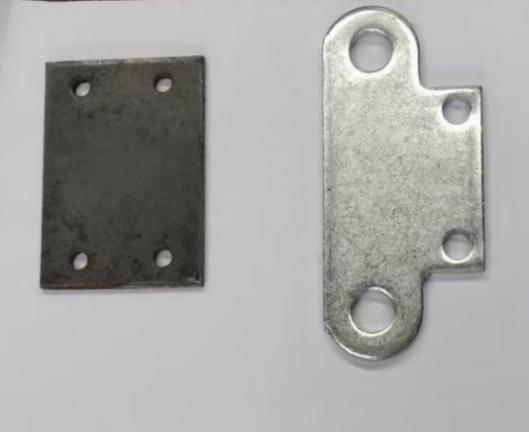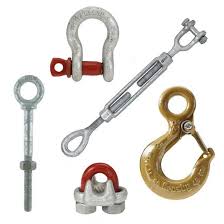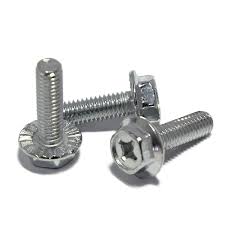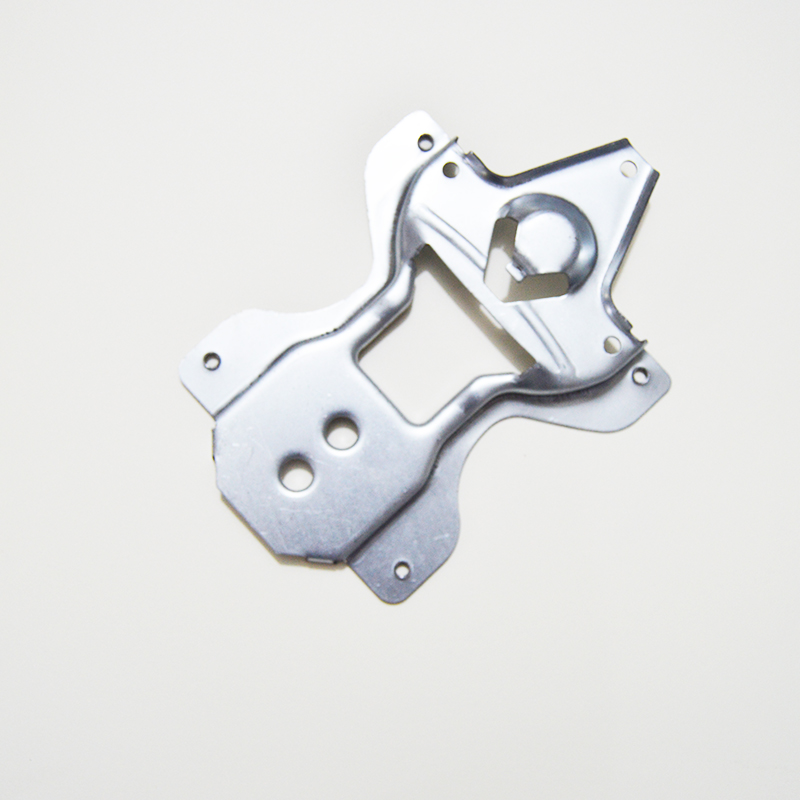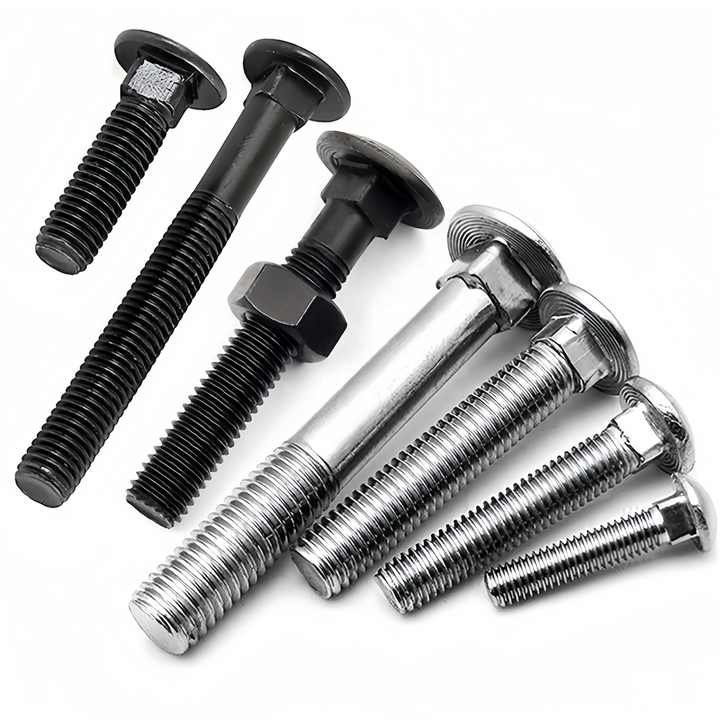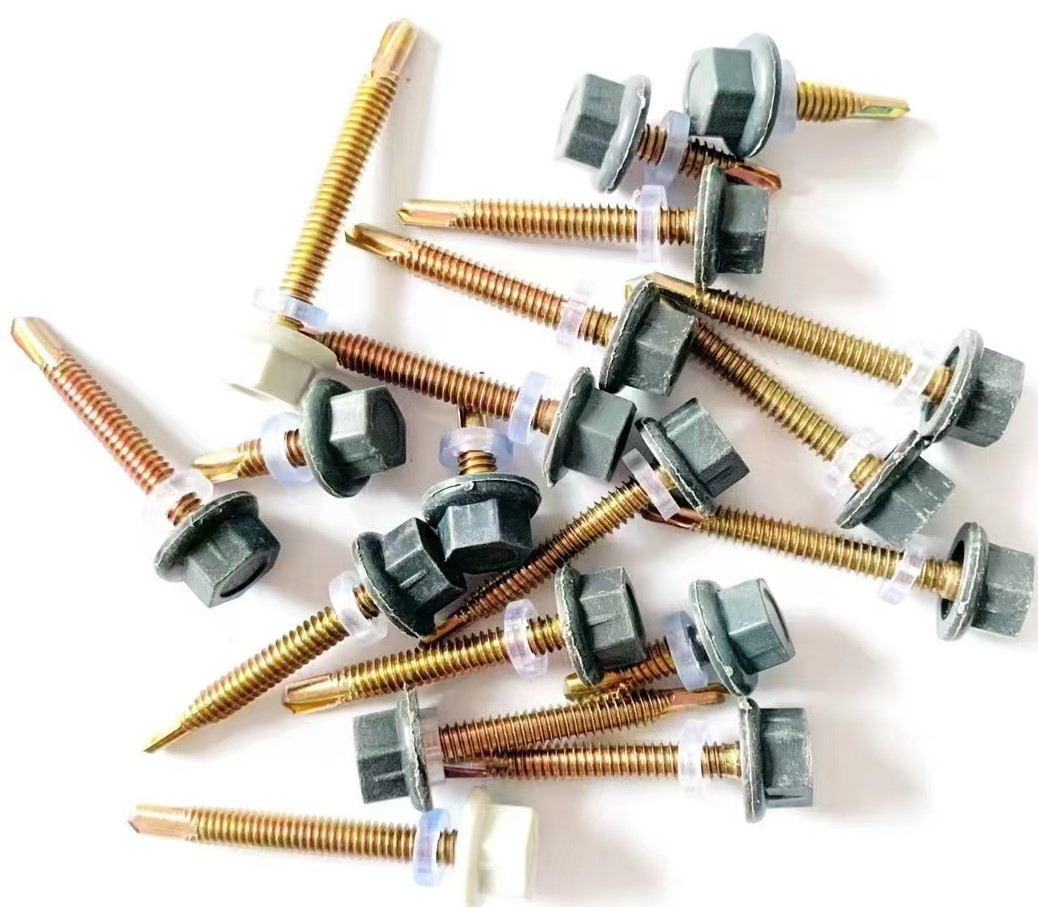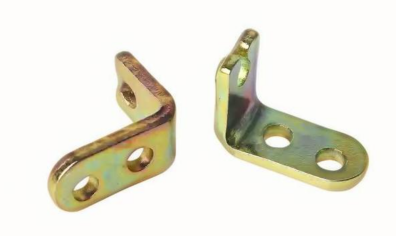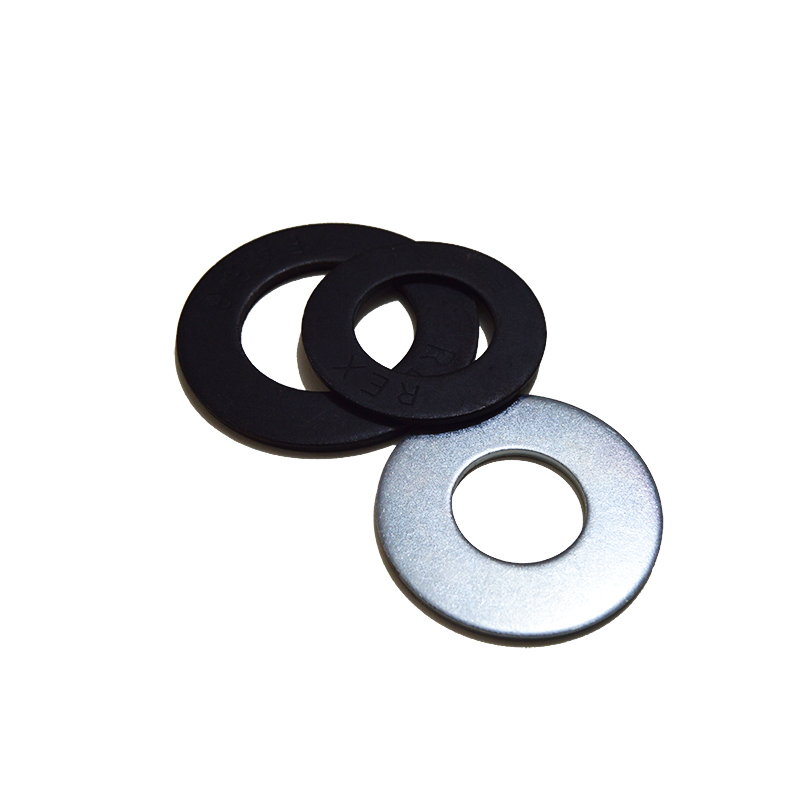

This comprehensive guide explores the world of M10 hex nuts, covering their specifications, applications, material choices, and considerations for selection. We’ll delve into the key factors you need to know to ensure you choose the right nut for your specific project, ensuring strength, durability, and safety. Learn how to identify different types of M10 hex nuts and make informed decisions based on your needs.
The M10 in M10 hex nut refers to the metric thread size. M denotes the metric system, and 10 indicates the nominal diameter of the screw thread in millimeters. This is crucial for ensuring compatibility with the corresponding M10 bolt or screw. Choosing the incorrect size can lead to loose connections or even damage to the threads.
The hex refers to the hexagonal shape of the nut's head. The dimensions of the hex head—across-flats, across-corners—are standardized to ensure proper fit with wrenches and sockets. These dimensions are critical for efficient tightening and prevent damage to the nut or wrench.
M10 hex nuts are available in various materials, each offering different properties:
M10 hex nuts find applications in a broad range of industries and projects, including:
Choosing the correct M10 hex nut involves considering several factors:
| Factor | Considerations |
|---|---|
| Material | Consider the environment (indoor/outdoor, wet/dry) and required strength. Steel, stainless steel, brass, and aluminum are common choices. |
| Thread Type | Ensure the thread type matches the corresponding bolt. Common types include coarse and fine threads. |
| Finish | Different finishes (e.g., zinc plating, black oxide) offer varying levels of corrosion protection. |
| Grade | The grade indicates the tensile strength of the nut. Higher grades offer greater strength. |
For high-quality M10 hex nuts and a wide selection of fasteners, consider exploring reputable suppliers. One such supplier is Hebei Dewell Metal Products Co., LTD, a leading provider of fasteners with a commitment to quality and customer satisfaction. They offer a comprehensive range of fasteners to meet diverse needs. Remember to always verify the specifications of any M10 hex nut before purchase to ensure compatibility with your project requirements.
Remember to always prioritize safety and use appropriate tools when working with fasteners. Incorrect installation can lead to compromised strength and potential hazards.

